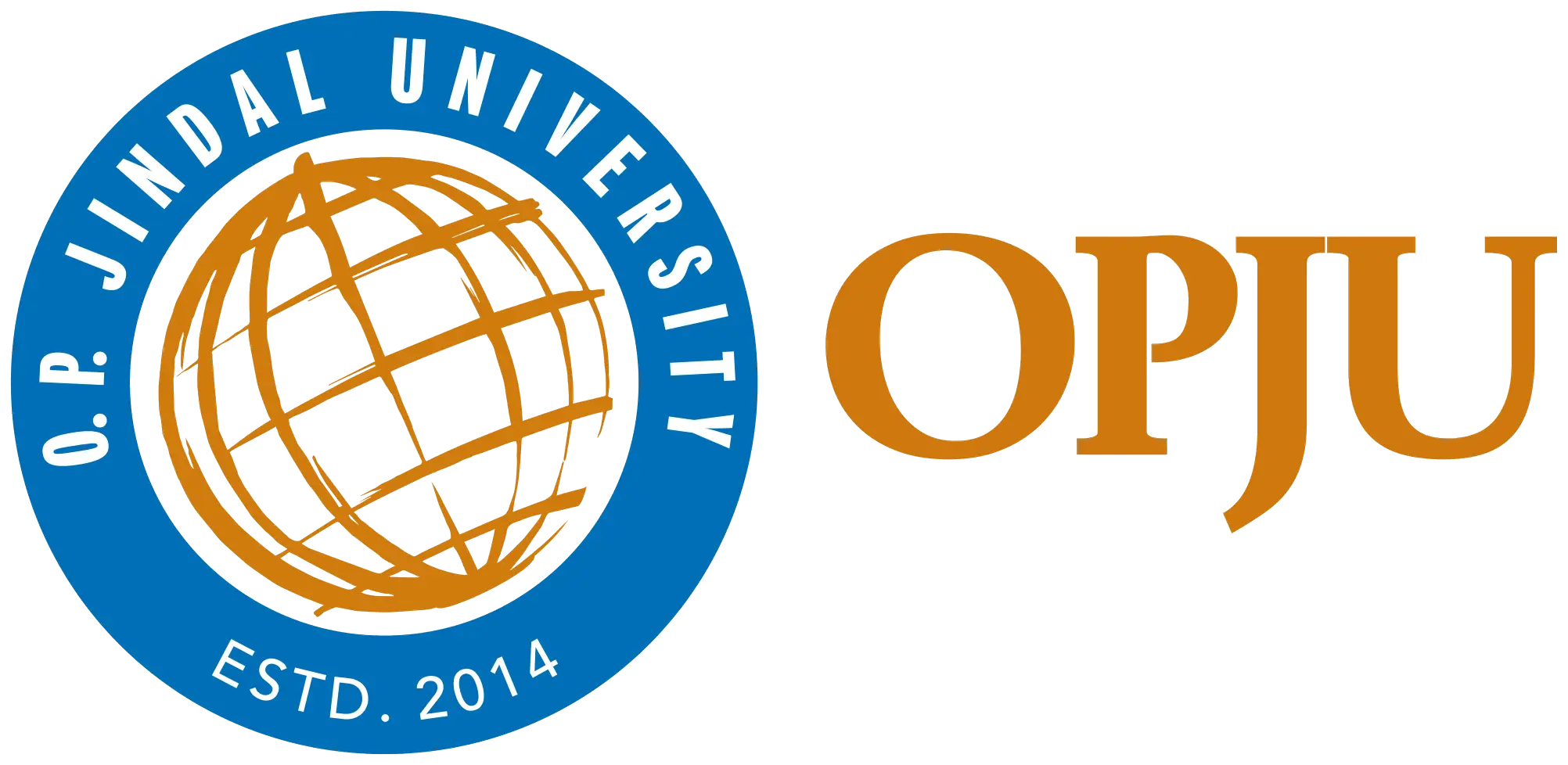The Department of Computer Science and Engineering at OP Jindal University, Raigarh, offers a robust and forward-looking B.Tech. program in Computer Science and Engineering, designed to prepare students not just for immediate employment but to be innovative leaders and entrepreneurs in the evolving technology landscape. The program aims to develop professionals who can contribute meaningfully to corporate growth as well as to societal advancement, bridging the gap between academic knowledge and real-world application.
The department is staffed by a team of 15 highly qualified and experienced faculty members, each bringing a diverse set of skills and expertise in various domains of computer science and engineering. This blend of academic rigor and practical insight ensures that students receive quality instruction, effective mentorship, and exposure to the latest developments in technology. Faculty members are actively involved in cutting-edge research and collaborate with industry partners to keep the curriculum and teaching methods aligned with current and future trends.
The B.Tech. CSE curriculum is thoughtfully structured to provide students with a strong foundation in the fundamental principles of computer science, including programming, algorithms, data structures, and computer architecture. Emphasis is placed on developing analytical and problem-solving skills that enable students to approach complex challenges methodically. From the fourth semester onward, students have the flexibility to specialize in emerging and high-demand areas through program electives. These specializations include Cyber Security, Cloud Computing, Artificial Intelligence (AI), Machine Learning (ML), Data Analytics, Computer Vision, Web Technologies, Full Stack Development, Internet of Things (IoT), and more. This broad spectrum of options allows students to tailor their education according to their interests and career aspirations.
One of the hallmark features of the program is its strong focus on Project-Based Learning (PBL), which begins as early as the third semester. PBL immerses students in practical, hands-on projects that mimic real-world problems, encouraging collaboration, innovation, and application of theoretical concepts. This approach equips students with the skills and confidence necessary to thrive in dynamic professional environments.
The department's dedication to academic excellence is further reinforced by its strategic industrial and international collaborations. These partnerships provide students with opportunities to engage in internships, workshops, seminars, and live projects that enhance their practical knowledge and employability. Such industry connections have played a significant role in achieving an outstanding placement record year after year.
For the graduating batch of 2025, the placement season was particularly remarkable. Forty reputed companies visited the campus to recruit B.Tech. CSE graduates, and all eligible students secured job offers, reflecting the department’s commitment to student success. The median salary package offered was ₹5.4 Lakhs Per Annum (LPA), indicating strong market demand for the skills imparted by the program. Highlighting the exceptional talent nurtured here, Amazon offered the highest package of ₹33 LPA, underscoring the caliber of graduates emerging from the department.
In summary, the B.Tech. CSE program at OP Jindal University stands out for its comprehensive curriculum, expert faculty, emphasis on practical learning, and strong industry engagement. It prepares students not only to excel in competitive job markets but also to become innovators and entrepreneurs who can drive technological progress and societal change.




-thumb-thumb.jpg)